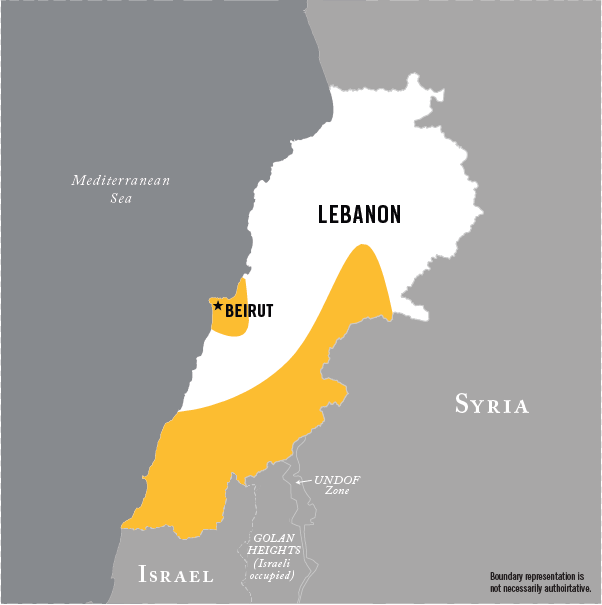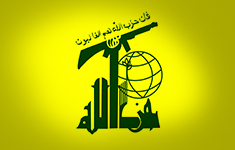TERRORIST GROUPS

BACKGROUND
Formed in 1982 in response to the Israeli invasion of Lebanon, Hizballah (the “Party of God”), a Lebanon-based Shia terrorist group, advocates Shia empowerment globally. Hizballah has been involved in numerous anti-US terrorist attacks, including the suicide truck bombings of the US Embassy in Beirut in April 1983, the US Marine barracks in Beirut in October 1983, and the US Embassy annex in Beirut in September 1984, as well as the hijacking of TWA 847 in 1985 and the Khobar Towers attack in Saudi Arabia in 1996.
Hizballah has participated in the Lebanese Government since 1992. With the 2004 passage of UN Security Council Resolution 1559, which called for the disarmament of all armed militias in Lebanon, Hizballah has focused on justifying its retention of arms by casting itself as the defender of Lebanon against Israeli aggression. On 12 July 2006, Hizballah kidnapped two Israeli soldiers, sparking the 2006 war in which Hizballah claimed victory by virtue of its survival. It has since sought to use the conflict to justify its need to retain its arms as a Lebanese resistance force. In May 2008, Hizballah militants seized parts of Beirut in response to calls by the government to restrict Hizballah’s secure communications and arms. In negotiations to end the violence, Hizballah gained veto power in the government and retained its arms and secure communications.
In July 2011 the UN Special Tribunal for Lebanon (STL) indicted four Hizballah members—including a senior Hizballah official—for the assassination of former Lebanese Prime Minister Rafiq al-Hariri, who was killed by a car-bomb in Beirut on 14 February 2005. Hizballah leader Hasan Nasrallah has publicly stated that Hizballah will not allow any members to be arrested, and continues to paint the STL as a proxy of Israel and the United States.
In February 2008, Hizballah military chief ‘Imad Mughniyah was killed by a vehicle bomb in Damascus. Nasrallah publicly blamed Israel and continues to promise retaliation. Additionally, Hasan al-Laqis, a senior Hizballah military leader, was shot and killed outside his home on 3 December 2013. Hizballah accused Israel of responsibility for the killing, although Tel Aviv denied involvement. Two unknown extremist factions issued statements claiming responsibility for the killing.

Since Mughniyah’s death, the group has engaged in its most aggressive terrorist campaign targeting Israeli interests outside the Middle East since the 1990s. In July 2012, Hizballah detonated a bomb on a bus in Burgas, Bulgaria, killing five Israeli tourists and a Bulgarian. Several other plots have been disrupted, including the 2014 arrests of operatives in Peru and Thailand and the 2015 discovery of an explosives cache and identification of an operative in Cyprus.
Nasrallah publicly indicated in May 2013 that Hizballah was supporting Bashar al-Asad’s regime by sending fighters to Syria, including Iraqi Shia militias. The group also supports Palestinian rejectionist groups in their struggle against Israel and provides training for Iraqi Shia militants attacking Western interests in Iraq. The European Union designated Hizballah’s military wing as a terrorist organization on 22 July 2013, following the March conviction that year of a Hizballah member in Cyprus, the July 2012 bus bombing in Bulgaria, and the group’s intervention in Syria.
For additional information on select Hizballah activites, please see the Lebanese Hizballah Interactive Timeline page.



